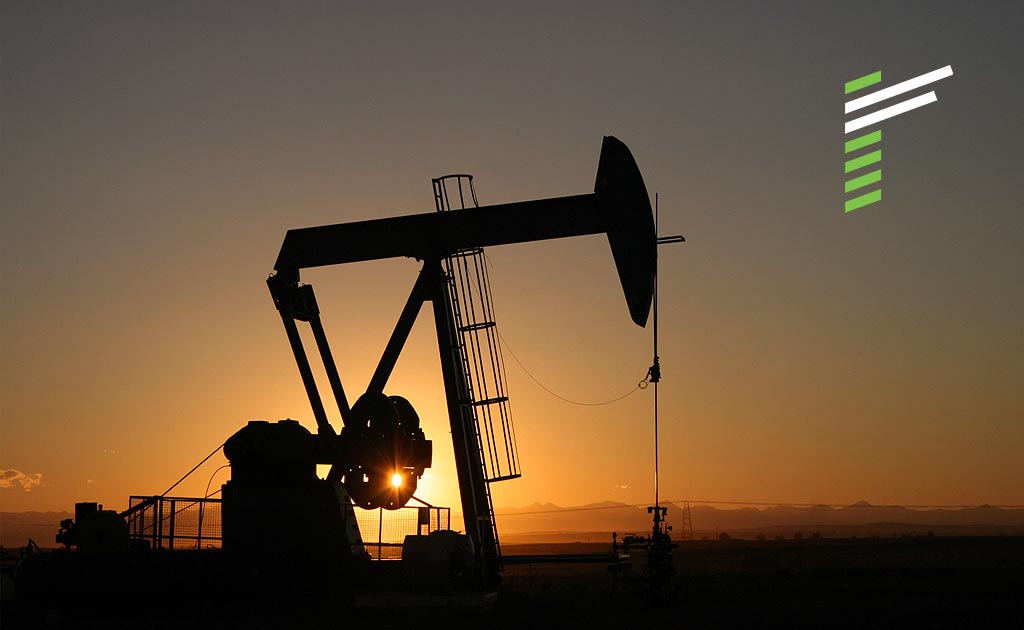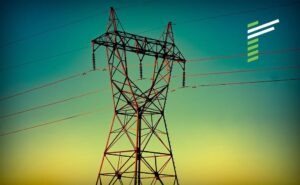KEY RESULTS
$15M
Sustainable savings in phase one
$10M
Sustainable savings captured in phase two
Installed sustainable management systems to deliver Real-Time Data to Plant Management
Employees empowered to add value to the enterprise at all levels
INTRODUCTION
Improving the efficiency of any plant is a strategic move that could significantly enhance your company’s profitability and market competitiveness. Efficiency means optimal resource utilisation, leading to higher production per unit of raw material, thus lowering operational costs and boosting margins.
These efficiency gains could be key to maintaining profitability. Moreover, improved operational efficiency may result in increased equipment lifespan and reduced downtime, offering additional cost-saving opportunities and helping ensure predictable output levels.
THE CHALLENGE
The Client is running a plant that uses lignite coal to make synthetic natural gas. The synthetic natural gas is piped to supply homes and businesses in the eastern part of the United States.
They recognised that the price of synthetic natural gas (SNG) could not exceed a certain price if the plant was to remain competitive. They commissioned Renoir to assess their energy consumption and production processes to identify & quantify opportunities to reduce costs.
ANALYSIS
The detailed study revealed several areas for improvement:
- Reduction of energy consumption.
- Increase in SNG production consistency and run rate.
- Increase in co-product recovery.
- Increase in maintenance efficiency.
- Improved coordination between Operations and Maintenance.
- Improved coordination between Marketing and the plant.
PROJECT APPROACH
The Efficiency Improvement Project consisted of two phases, each of 35 calendar weeks, designed to deliver two implemented objectives:
- A significant change in employees’ and management’s awareness of the business drivers (cost and profitability) and the decision-making processes, necessary to achieve the targeted price goal.
- A targeted $13.5 million in sustainable savings annually.
The Project Team consisted of a dedicated Renoir Project Team along with a Task Force of 5 people allocated full time to the project. A Steering Group consisting of the Senior Plant Management was formed to drive the project; 6 Management Action Teams (MATs) were created of employees and Renoir consultants.
The MAT’s focus was to generate ideas for improvements, evaluate these ideas for suitability and economic viability, and drive the installation of the approved ideas. Both the Task force and the MAT members received extensive training and continuous development guidance throughout the project to prepare them to become key change agents for the organisation.
During the first weeks of the project, the teams revisited the areas identified for improvement during the assessment, thus ensuring buy-in and ownership of the improvements. New ideas were also generated and examined by each MAT. Each MAT’s activities were planned and scheduled.
IMPLEMENTATION
Operations: The Operations MAT concentrated their efforts on improving throughput by eliminating constraints. This was achieved by introducing an Operating System which consisted of daily, weekly and monthly targets, manual monitoring systems and actionable variance reports.
Each element of this Operating System was designed and introduced using a consultative process which ensured ownership and sustainability.
Energy: The Energy MAT focused on generating ideas for reducing energy consumption across the plant which were evaluated for viability and scored according to the investment required to implement them. The approved ideas were then implemented and monitored to evaluate the results achieved. The reduction in overall electricity consumption greatly exceeded initial expectations and were 100% sustainable. The ideas scoring and evaluation systems were adopted by the organisation as their accepted methodology for all energy saving ideas.
“ While the value achieved during this highly successful process is enough to strongly recommend the Renoir team, it is the gains that are being developed through the processes established that continue to add value after Renoir that is most exciting.”
Sr. Vice President & COO
Maintenance: Improvements in Maintenance were achieved through detailed research of each Maintenance requirement and then determining the most effective resource to carry it out. Often this meant moving it away from Maintenance into Operations. This streamlined maintenance planning and greatly reduced times to achieve standard non-skilled tasks, enabling maintenance staff more time to carry out work currently being done by contractors. The Maintenance MAT, using new systems, tracked, measured and evaluated volume and value of transferred work against the amount of reduction in the contracted services.
Training: Early in the project the Training MAT completed a Training Needs Analysis (TNA) to identify deficiencies and gaps in the training and development of the managerial staff. A key learning was the revelation that they excelled at reacting to events rather than anticipating and preventing them.
Renoir developed a tailored Management Training Program, addressing this and other issues identified. Throughout the project over 200 people were trained.
Evaluations process: An Evaluations MAT established an historical base against which all improvements were measured to show exact financial benefits. This transparent approach convinced the most hardened sceptics that the benefits were “real” and provable. The Evaluations process also gave a “hard” edge and a consistent and accurate methodology so that all projects could be correctly evaluated.
Weekly Steering Group Meetings: These were held to ensure that the project remained on track and achieved the stated objectives in accordance with the detailed Project plan published at the outset, and all changes and system elements involved the stakeholders to ensure a high level of ownership and sustainability that led to a controlled culture change.
Facility Planning: A Facility Plan was developed supported by new systems, which brought the plant and marketing together and extended control to all the departments. It created a common goal and road map of how the goal was to be attained
KEY RESULTS
$15M
Sustainable savings in phase one
$10M
Sustainable savings captured in phase two
Installed sustainable management systems to deliver Real-Time Data to Plant Management
Employees empowered to add value to the enterprise at all levels
CONCLUSION
This comprehensive efficiency improvement project has underscored the value of a holistic approach to cost optimization, efficiency gains, and capacity building in a natural gas production plant. This case study indicates that combining operational improvements with strategic initiatives such as energy conservation, maintenance efficiency, inter-departmental coordination, and employee training can result in significant sustainable savings and improved operational stability.
Importantly, it emphasizes the power of cultivating a culture of ownership and continuous improvement, which can be a key driver for long-term success and competitive advantage.










